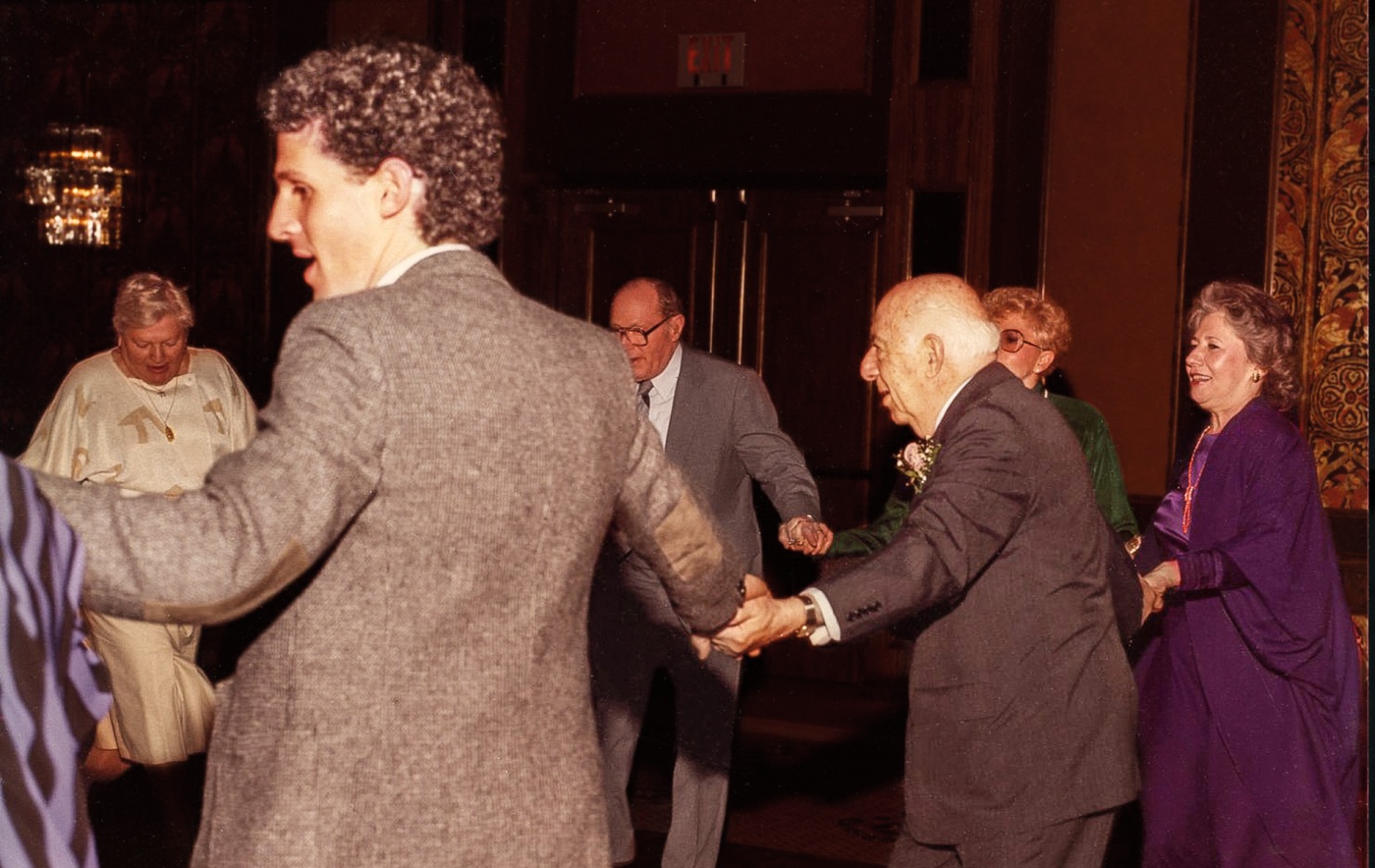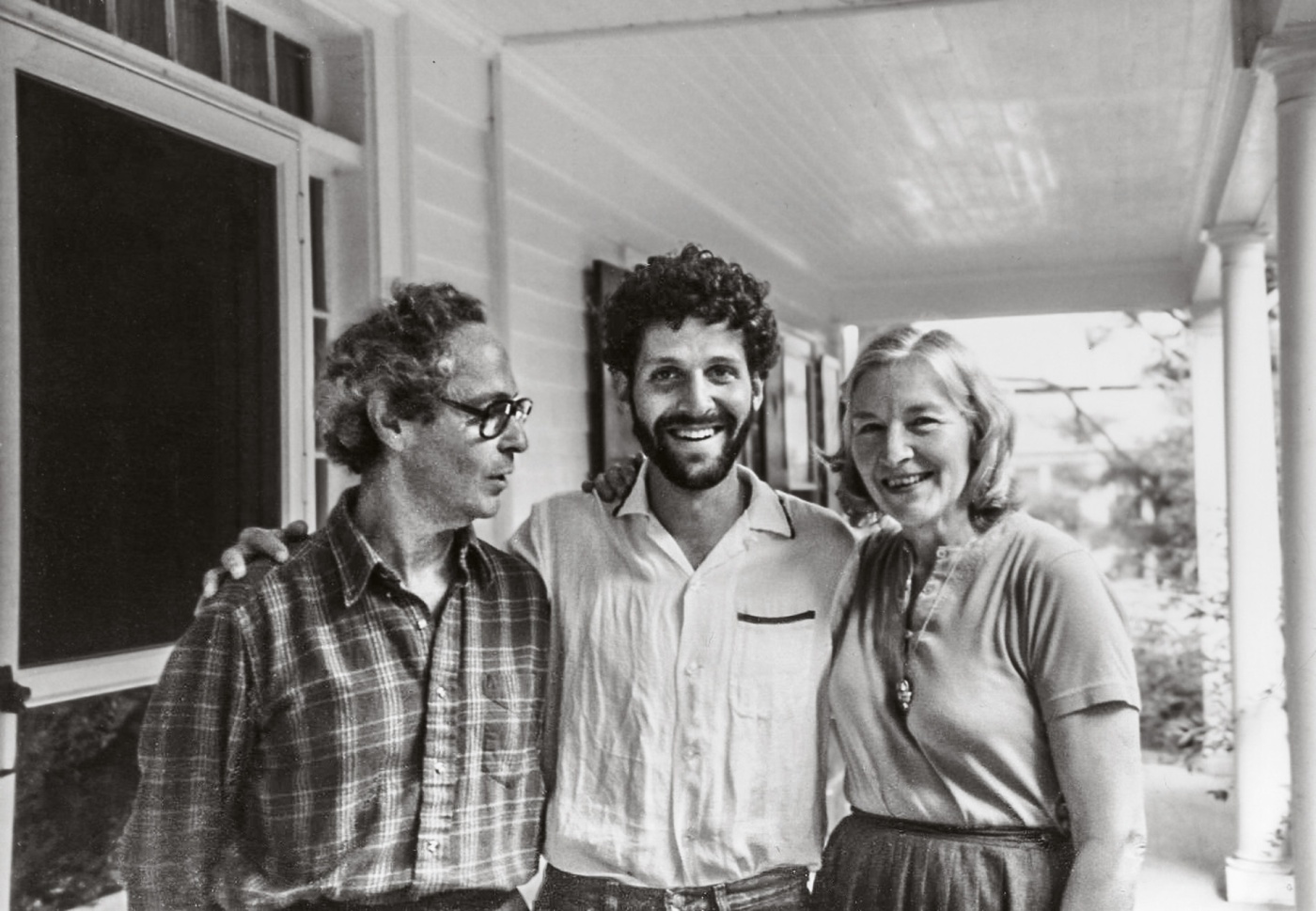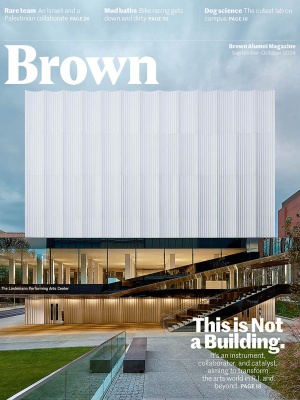Connection, Justice & Reconciliation
What “never again” really means.
Early on a Friday evening in October 1980, I was standing next to my grandfather under the cupola of the Rue Copernic synagogue in Paris, surrounded by hundreds of Shabbat worshippers, when a tremendous explosion knocked us to the ground. Shattered glass rained down on us—so many fragments that I was still pulling tiny shards from my scalp months later.
Four people outside the building were killed instantly in the blast. It was the first deadly attack against Jews in France since the end of the Second World War. We learned later that the bomb, placed in the saddlebag of a motorcycle parked by the synagogue’s entrance, had been set to detonate as worshippers left the building after services. It would likely have killed several hundred more people, but services started late that day. French investigators subsequently attributed the attack to a Palestinian militant group, the Popular Front for the Liberation of Palestine.

I felt both defenseless and defiant. My family had lost loved ones in the Holocaust and I had my own memories of terror when, living in Quebec at age 8, a militant group was putting bombs in neighborhood mailboxes. The perpetrators knew nothing of me as a human being, I thought angrily. Nothing of my politics. I was just The Other. A Jew. The Enemy. I found the rabbi and said, “This is the third attack on the Jewish community in France this month. We cannot let ourselves be intimidated. Let’s go out on the street right now and finish this service.” But when I went outside, the street was on fire—flames coming out of cars, broken glass everywhere.
I returned to Providence for the second half of my sophomore year, still carrying the sense of violation. There I met Professor George Morgan, who, with his own Jewish family, had escaped Vienna as a 14-year-old boy, just two weeks before Kristallnacht, the “night of broken glass,” an opening salvo to the Holocaust.
George introduced me to the writings and life of the German philosopher Martin Buber, one of the most important Jewish thinkers of the 20th century. He explained Buber’s notion of genuine dialogue with all those we encounter—including those with whom we might have a fundamentally different perspective. Buber wrote “What humanity is can be grasped only in vital reciprocity.” George helped me understand that I had a choice in how I viewed the bombing and how I could respond to antisemitism. I could maintain a feeling of anger and a stance of grievance, even righteous indignation, and live from that place. I could put my head in the sand and pretend that antisemitism is not real, despite significant evidence to the contrary. Or, I could consider a third way. I could meet the world as it is and do the hard work of looking to see the human face of the Other, hoping that at least some people would try to see my human face as well.
George was not religious, as I was and am. I grew up in a Modern Orthodox congregation. My father was one of the biggest fundraisers for Israel in Canada. My paternal grandmother was the head of the Zionist organization Hadassah in Montreal. I’m on the board of my synagogue, served as a cantor in a synagogue for 18 years, have led sacred prayers for 35 years, and blow the shofar at Rosh Hashanah. I care deeply about the safety and thriving of Jewish people all over the world. Yet I also understand that our safety and thriving as Jews is intimately tied up with the safety and thriving of Palestinians and people everywhere. Since the first course I took with George I’ve yearned for other survivors of violent acts of aggression to join me in saying, “No retaliation in my name that risks killing innocent people. Enough.”

After the 1982 IDF-sanctioned Sabra and Shatila massacre in Beirut, in my junior year, I wrote, “If we put a narrow understanding of Israel’s ‘security’ above the notion of seeing the face of the Divine in every being, how can we expect peace? If we are not working for peace and justice for all, both Israelis and Palestinians will be even less secure and the world will become less safe for Jews everywhere. What will become of the relationship between Israel and Jews in the diaspora forty years from now?”
George died last year at age 98, but I can still hear him saying that “at a time when so many are blinded by tribalism and nationalism, open, respectful communication and peaceful coexistence have never been more important.” This is not a moment to attempt to convince others that one group’s suffering is worse than another group’s suffering. This is a moment, rather, to remember our common humanity and to put that at the center of everything. In this season of the Jewish new year, we aim at teshuvah, a reflective turning inward, coupled with a resolve to take action for meaningful change personally and collectively. We can and must do better.
Those who think the way I do are often dismissed as either lacking in compassion and sufficient outrage for those who were brutally murdered and kidnapped on October 7, or lacking in sufficient concern about the treatment of Palestinian civilians. The false dichotomy misses my position entirely, which is that both injustices are intolerable.
Only when we meet each other with genuine respect, only when we engage in inquiry rather than sloganeering, can we move forward toward connection, reconciliation, and justice. To me, this is the essence of what we in Jewish tradition call tikkun olam, the healing and repair of the world.
My 15 year-old daughter, an elite long-distance runner, has taught me that to succeed in an endurance race you have to believe that you have the capacity to keep going, despite pain and exhaustion. More is possible. This summer, my wife and I took her to Paris. We watched some of the greatest track and field athletes in the world demonstrate personal fortitude and stamina at the Olympics. We also visited Rue Copernic, where I told her that when I say “never again,” I do not just mean “never again will we allow bad things to befall Jewish people.” I do mean that deeply. But I also mean “never again will we stand by and allow —or cause—bad things to happen to any people.” Certainly not in our name. Never again will we facelessly lump a group of people together or allow others to do so, without speaking up. Never again will we let the pain stop us from seeing every human as one of “us” and choosing the path of respect, connection, and reconciliation over the path of fear and vengeance. The whole world depends on this.
Jeff Bercuvitz ’84 is the founder and CEO of the Sparks Center (thesparkscenter.org) and serves as an executive coach for social entrepreneurs and other changemakers around the world.





